
Eaarth
Making a Life on a Tough New Planet
Read or listen offline
Recommendation
Educator and environmentalist Bill McKibben states his uncomfortable, disturbing conclusions plainly: Earth as you knew it no longer exists. You now live on “Eaarth,” which humankind has damaged so much that it is no longer the same planet. The conditions that shaped civilization for centuries are permanently altered. People must change their ways of living or, the author asserts, accept their doom. McKibben’s message will challenge many readers’ basic assumptions about life, economics and society. At times, the book’s organization can be tricky, because McKibben seems to move too fast and jump from topic to topic. He’s been fighting the environmental battle for so long that he’s intimately familiar with concepts that may be controversial or new to some readers. Nonetheless, this jeremiad touches on so many crucial aspects of life on Earth (and Eaarth) that getAbstract recommends it as a respected advocate’s wake-up call to everyone skeptical about climate change or dwindling resources, and to those who want to shape a livable future – on this planet.
Summary
About the Author
Author, educator and environmentalist Bill McKibben also wrote The End of Nature. He founded the 350.org and Step It Up organizations.









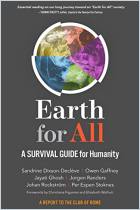
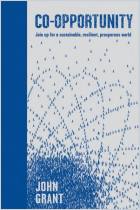
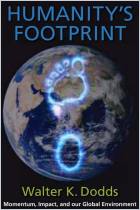
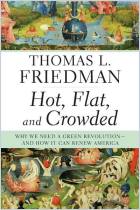
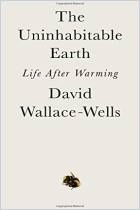
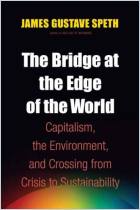
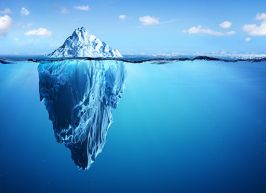



Comment on this summary or Diskussion beginnen